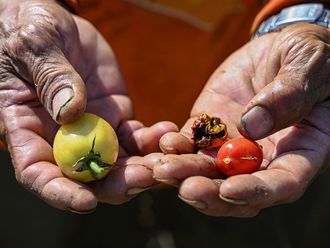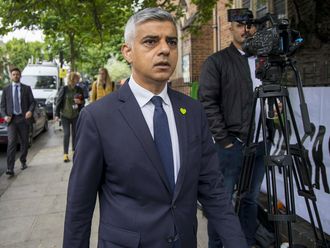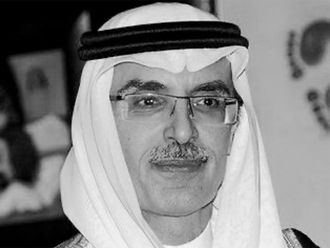Manila: The Philippines is taking its fight against HIV-Aids down to the level of cities, officials said, citing the rising number of new infections, which have surged 174 per cent since 2010.
“The HIV/Aids epidemic in the country is an issue that needs urgent action among local governments, especially since key populations at risk of infections reside mostly in the cities,” Laarni Cayetano, national chair of the League of Cities of the Philippines, said during the 66th General Assembly of the League of Cities of the Philippines (LCP).
According to the Joint United Nations Programme on HIV and Aids (UNAids), latest data shows that the annual rate of infections has more than doubled in the Philippines in the past seven years to an estimated 12,000 in 2017.
In a report entitled: ‘Miles to go; closing the gaps, breaking barriers and fighting injustices,’ UNAids said new infections had more than doubled in the Philippines during the last seven years, with a 174 per cent increase since 2010.
“The Philippines has become the country with the fastest growing HIV epidemic in Asia and the Pacific. Cities and urban areas are particularly affected by HIV,” it said.
The spread of infections is more pronounced in urban areas with 70 cities, including 17 in Metro Manila accounting for 80 per cent of reported HIV cases in the country.
UNAids observed that while the Philippines, for many years had HIV services focusing on female sex workers, “there is now a need to scale-up services tailored to other key populations and where they are located.”
“More than 90 per cent of new HIV infections are occurring among men who have sex with men [MSM] and transgender people [TG]. Condom use among men who have sex with men and transgender people is low at 50 per cent and 37 per cent respectively and HIV testing is also low. Only 16 per cent of MSM knew their HIV status in 2015,” it said.
HIV or Human Immuno-deficiency Virus is the microorganism that causes Aids or the Acquired Immuno-deficiency Syndrome (Aids).
HIV can be transmitted through sexual intercourse or contact through HIV-infected bodily fluids.
Eamonn Murphy, UNAids Regional Director for Asia and the Pacific said: “Philippines has a small window of opportunity to act fast and stop a major HIV epidemic from taking hold. This commitment is achievable if cities where the epidemic is having a big impact take the lead.”
“In the city of Taguig, we are very lucky to partner with UNAids to ramp up preventive measures to combat the epidemic. I encourage my peers at the League of Cities to also take action and contribute in controlling and, ultimately, ending HIV/Aids in the country,” Cayetano said.












